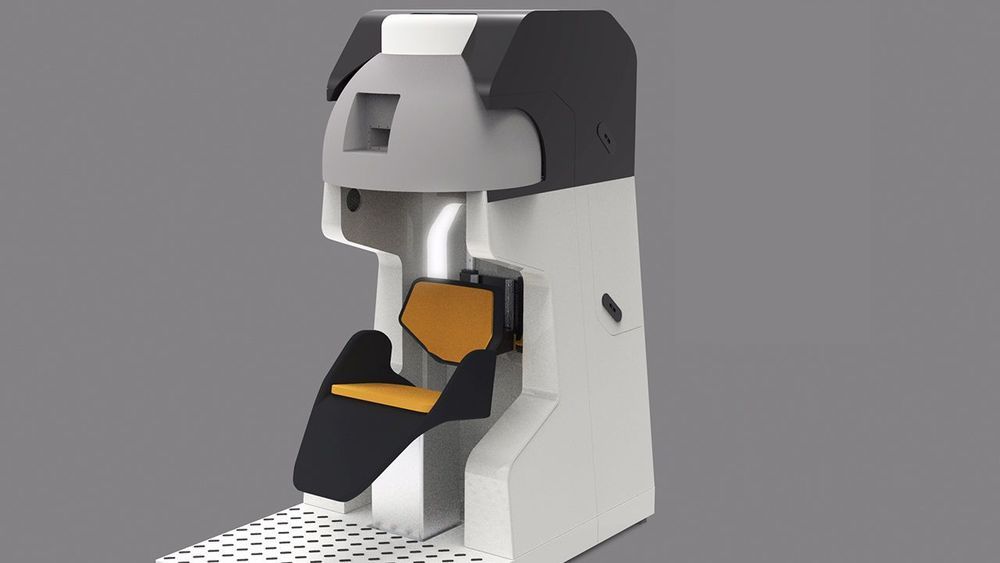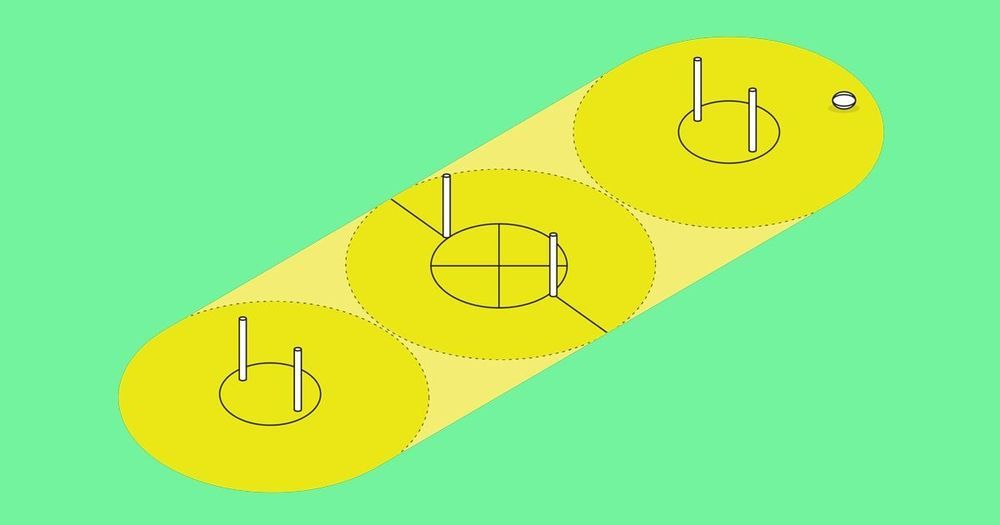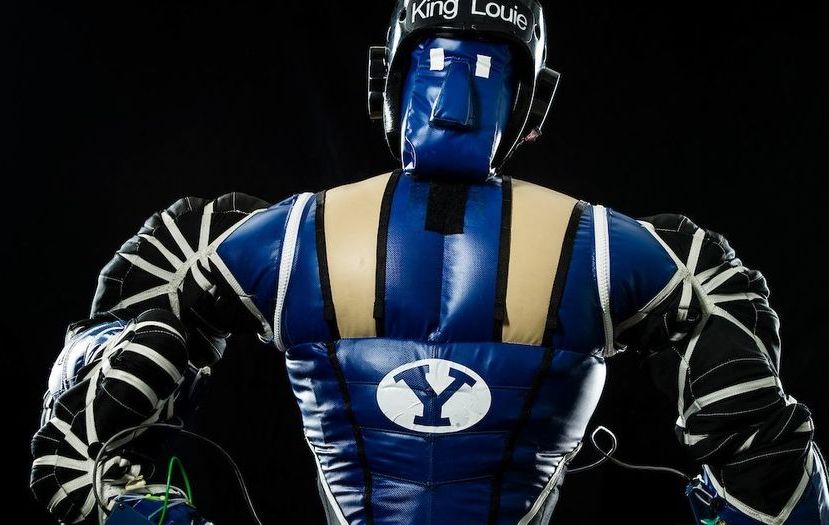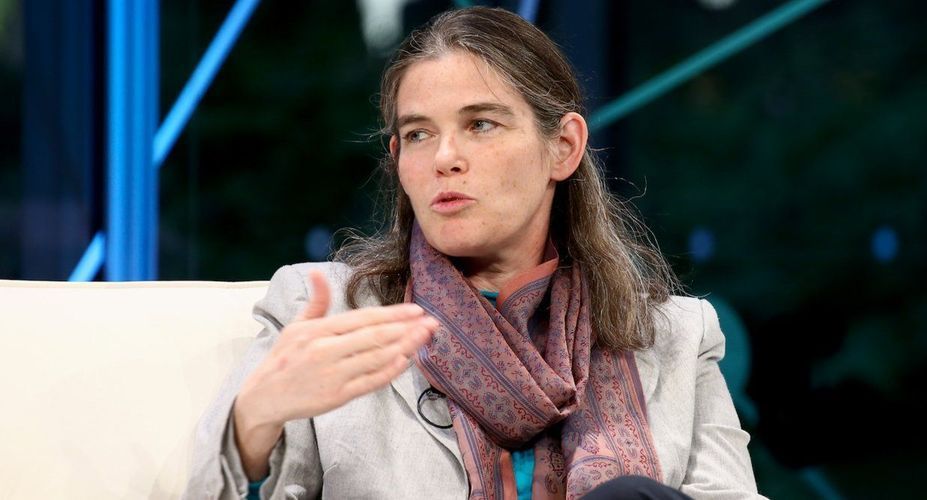Q&A with neuroethicist Francis Shen and MRI developer Michael Garwood.







David Chalmers is University Professor of Philosophy and Neural Science and co-director of the Center for Mind, Brain, and Consciousness at New York University. He is best known for his work on consciousness, including his formulation of the “hard problem” of consciousness; Daniel C. Dennett is University Professor and Austin B. Fletcher Professor of Philosophy and director of the Center for Cognitive Studies at Tufts University. He is the author of a dozen books, including Consciousness Explained, and, most recently, From Bacteria to Bach and Back: The Evolution of Minds; John Brockman, moderator, is a cultural impresario whose career has encompassed the avant-garde art world, science, books, software, and the Internet. He is the author of By The Late John Brockman and The Third Culture; editor of the Edge Annual Question book series, and Possible Minds: 25 Ways of Looking at AI.
[ED. NOTE: On Saturday, March 9th, more than 1200 people jammed into Pioneer Works in Red Hook, Brooklyn, for a conversation between two of our greatest philosophers, David Chalmers and Daniel C. Dennett: “Is Superintelligence Impossible?” the next event in Edge’s ongoing “Possible Minds Project.” Watch the video, listen to the EdgeCast, read the transcript. Thanks to physicist, artist, author, and Edgie Janna Levin, Director of Sciences at Pioneer Works, who presented the event with the support of Science Sandbox, a Simons Foundation initiative. —JB]
Somebody said that the philosopher is the one who says, “We know it’s possible in practice, we’re trying to figure out if it’s possible in principle.” Unfortunately, philosophers sometimes spend too much time worrying about logical possibilities that are importantly negligible in every other regard. So, let me go on the record as saying, yes, I think that conscious AI is possible because, after all, what are we? We’re conscious. We’re robots made of robots made of robots. We’re actual. In principle, you could make us out of other materials. Some of your best friends in the future could be robots. Possible in principle, absolutely no secret ingredients, but we’re not going to see it. We’re not going to see it for various reasons. One is, if you want a conscious agent, we’ve got plenty of them around and they’re quite wonderful, whereas the ones that we would make would be not so wonderful. —Daniel C. Dennett
One of our questions here is, is superintelligence possible or impossible? I’m on the side of possible. I like the possible, which is one reason I like John’s theme, “Possible Minds.” That’s a wonderful theme for thinking about intelligence, both natural and artificial, and consciousness, both natural and artificial. … The space of possible minds is absolutely vast—all the minds there ever have been, will be, or could be. Starting with the actual minds, I guess there have been a hundred billion or so humans with minds of their own. Some pretty amazing minds have been in there. Confucius, Isaac Newton, Jane Austen, Pablo Picasso, Martin Luther King, on it goes. But still, those hundred billion minds put together are just the tiniest corner of this space of possible minds. —David Chalmers
__

Understandably, the FDA raised concerns about the practice of parabiosis because to date, there is a marked lack of clinical data to support the treatment’s effectiveness.
Elevian
On the other end of the reputability spectrum is a startup called Elevian, spun out of Harvard University. Elevian is approaching longevity with a careful, scientifically validated strategy. (Full Disclosure: I am both an advisor to and investor in Elevian.)


A number of companies are studying and commercializing rapamycin and rapalogs, including resTORbio, a Boston-based company. Tam Hunt got in touch with Dr. Joan Mannick from the company to find out more about this promising anti-aging therapeutic.
Blagoskonny ([3], [4]) has suggested that rapamycin and rapalogs are effective anti-aging therapies today for humans as well as other animals because they arrest “quasi-programmed hypertrophy.” What are your thoughts on Blagoskonny’s theory?
I think Blagoskonny’s theory is very interesting. mTOR stimulates cell growth, and there is data that mTOR becomes hyperactive in some aging tissues. This may explain why TORC1 inhibitors have benefit in aging-related diseases.
